Thermo Fisher Scientific Nominal Scholarship Competition 2025-2026
“Thermo Fisher Scientific Baltics” UAB in cooperation with Vilnius University invites prospective first year master students from VU Life Sciences Center, Faculty of Chemistry and Geosciences, Faculty of Medicine, Faculty of Mathematics and Informatics to prepare Master final thesis and Bachelor final thesis at the Company.







